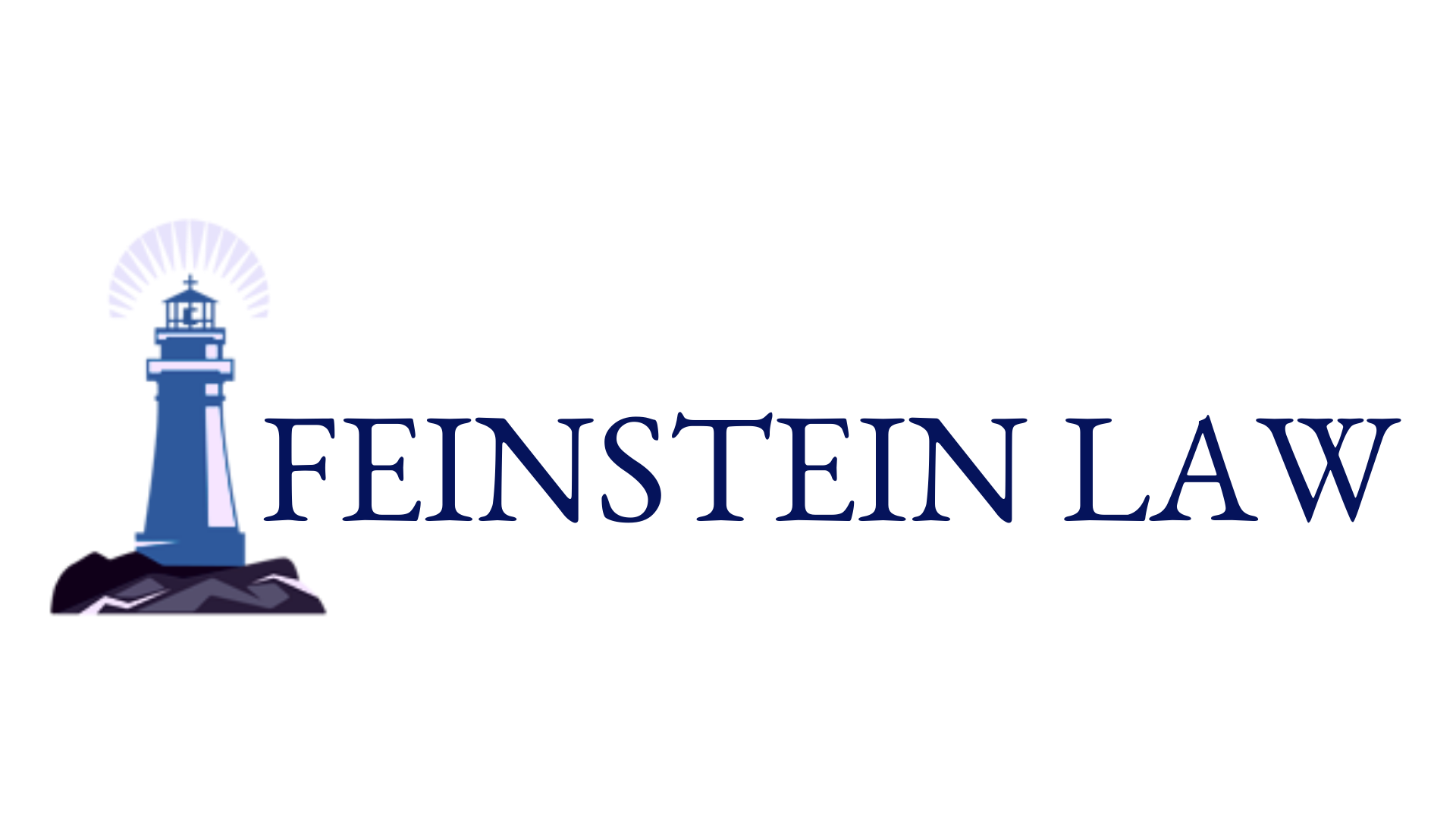The Jumpstart Our Business Startups Act (“JOBS”) under Section 201(a) requires the Securities and Exchange Commission (“SEC”) to adopt rules amending the existing exemptions from registration under the Securities Act of 1933, and create new exemptions that permit issuers of securities to raise capital without SEC registration. The SEC adopted amendments to Rule 506 of Regulations D and Rule 144A to permit these changes and, on September 23, 2013, these amendments became effective.
To implement Section 201(a) of the JOBS Act, the SEC adopted paragraph (c) of Rule 506. This amendment now permits companies to publically solicit investors for capital as long as certain criteria are met. Under Rule 506(c), an issuer is permitted to offer a security interest in the company or business through means of general solicitation or advertisement as long as the purchasers of the securities are accredited investors, the issuer takes reasonable steps to verify that the purchasers are, in fact, accredited investors, and certain other requirements of Regulation D are satisfied. Hence the name “accredited crowfunding” because the funding can only come from accredited investors but it can be solicited via the public.
What is “general solicitation?”
General solicitation is publicly advertising an investment round for a private company by utilizing mass communication. Solicitation can include disclosing that a private company is actively seeking investments, providing details of the investment opportunities in the company, and divulging any material information necessary for an investor to make an informed opinion about whether to invest. The means in which a company can accomplish this are nearly limitless. They can include traditional media outlets such as newspapers, magazines, other publications such as brochure or pamphlets. But also, online and social media including Facebook, Twitter, Linkedin, YouTube, email and blogs. This also opens the forefront to public profiles on websites or public speaking engagements like conferences and forums. It has been over 80 years since entrepreneurs and businesses have been able to take advantage of these opportunities to publicly advertising their fundraising efforts.
It should be noted, that anything involving communicating pertinent deal information on the fundraising efforts to a public audience, will likely be considered general solicitation under Rule 506(c).
Who is an “accredited investor?”
An “accredited investor” includes a natural person (not a corporation, partnership, nonprofit or trust,) who:
(1) earned income that exceeded $200,000 (or $300,000 together with a spouse) in each of the prior two completed IRS reporting years, and reasonably expects the same for the current reporting year; or
(2) has a net worth over $1 million, either alone or together with a spouse (excluding the value of the person’s primary residence).
An accredited investor may also be an entity such as a corporation, partnership, nonprofit or trust, when the entity satisfies certain criteria. These criteria, depending on the formation of the entity and the specific regulations can be found on the SEC’s website. See Title 17: Commodity and Securities Exchanges PART 230—GENERAL RULES AND REGULATIONS, SECURITIES ACT OF 1933, §230.215 Accredited investor for more information.
What are “reasonable steps?”
The JOBS Act requires that issuers engaging in general solicitation take “reasonable steps” to verify the accredited investor status of purchasers of the securities offered. Rule 506(c) sets forth a principles-based method of verification which requires an objective determination by the issuer (or those acting on its behalf) as to whether the steps taken are to verify the status of the investor are deemed “reasonable” in the context. Factors that an issuer should consider under this principle-based method include, but are not limited to:
(1) nature of the purchaser and the type of accredited investor that the purchaser claims to be;
(2) the amount and type of information that the issuer has about the purchaser;
(3) the nature of the offering (publicly or privately solicited);
(4) the terms of the offering (how much is the minimum investment amount).
In addition to this flexible, principles-based method, Rule 506(c) includes a non-exclusive list of verification methods that may be use, but are not required. This non-exclusive list of verification methods consists of:
(1) verification based on income, by reviewing copies of any Internal Revenue Service (“IRS”) form that reports income, such as Form W-2, Form 1099, Schedule K-1 of Form 1065, and a filed Form 1040;
(2) verification on net worth, by reviewing specific types of documentation dated within the prior three (3) months, such as bank statements, brokerage statements, certificates of deposit, tax assessments and a credit report from at least one of the nationwide consumer reporting agencies; and
(3) obtaining a written representation from the investor; a written confirmation from a registered broker-dealer, an SEC-registered investment adviser, a licensed attorney or a certified public accountant stating that such person or entity has taken reasonable steps to verify that the purchaser is an accredited investor within the last three (3) months and has determined that such purchaser is an accredited investor; and
(4) a method for verifying the accredited investor status of persons who had invested in the issuer’s Rule 506(b) offering as an accredited investor before September 23, 2013 and remain investors of the issuer.
It should be noted, that Rule 506(b) remains unchanged following the adoption of Rule 506(c) and continues to be available for those that wish to conduct a Rule 506 offering without the use of general solicitation or that do not wish to limit sales of securities to accredited investors.
This securities law blog post about going public is provided as a general informational service to clients and friends of Feinstein Law, PA and should not be construed as, and does not constitute, legal and compliance advice on any specific matter, nor does this message create an attorney-client relationship.
For more information concerning the rules and regulations affecting the going public direct transactions and direct public offerings please contact Feinstein Law, PA at (619) 990-7491 or by email at Todd@Feinsteinlawfirm.com or JDunsmoor@Feinsteinlawfirm.com. Please note that the prior results discussed herein do not guarantee similar outcomes.

